Supported by the PGR Research Culture and Community Grant, Zahra Eskandari (PhD Candidate, Faculty of Business & Law) recently hosted a two-day workshop introducing Body Map Storytelling to the BU research community. This innovative, arts-based method focuses on using creative expression to explore lived experiences, empowering participants to bridge their personal journeys with broader academic practices.
A space for reflection and connection
The interactive session took place at Poole House on Thursday 22 January. Designed specifically for international women PGRs and ECRs, the workshop provided a supportive environment to explore themes of physical activity, wellbeing and belonging. Participants engaged in a hands-on creative process, developing unique body maps that combined visual expression with storytelling.
One participant noted:
“Through this workshop, I realised more about my choices and my engagement.”
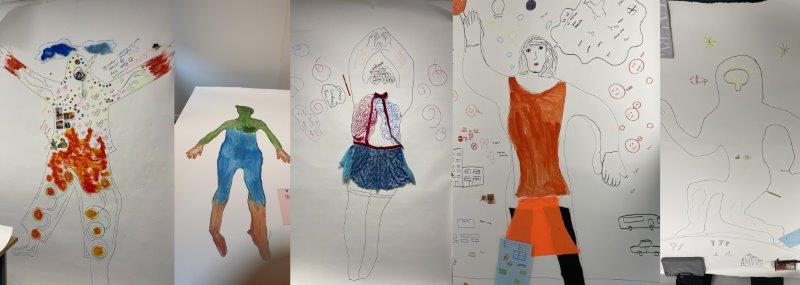
Examples of body maps created during the workshop, where participants used colour and symbols to represent their lived experiences and emotional wellbeing.
Interdisciplinary learning
The following day, the focus shifted to the Fusion Building for a research seminar led by Dr Anna Smirnova (Creative Health Associate, Edge Hill University). Dr Smirnova shared insights from her PhD research using this method with young people in Kyrgyzstan, providing a deep dive into the ethical and analytical foundations of the approach.
The seminar attracted a diverse group, including five postgraduate researchers and nine lecturers, creating an engaging cross-disciplinary exchange of ideas.
A participating lecturer described it as:
“One of the few events where you could learn something new and hear about the incredible research being carried out elsewhere.”
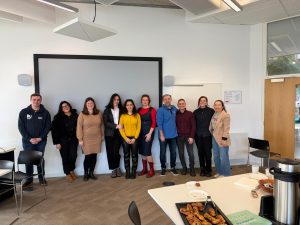
The PGR community in action: participants at the Body Map Storytelling workshop exploring embodied research methods
Impact
For the organiser, Zahra Eskandari, managing this project was “Empowering, Transformative, and Challenging”. While building Zahra’s project management and budget skills, the project also gave BU researchers new, creative tools for inclusive research. The positive engagement from both the workshop and seminar showed a clear demand for more arts-based sessions at BU in the future.
Apply for the PGR Research Culture and Community Grant
Do you have an idea for an event or initiative that could strengthen the research culture at BU? We invite you to follow in Zahra’s footsteps and apply for funding to bring your project to life.
Find out more and submit your application here: Research Culture and Community Grant PGR Application
Closing date 4pm, Monday 9 March 2026
If you would like to discuss your ideas before submitting your application, please contact Enrica Conrotto, Researcher Development Manager, at pgrskillsdevelopment@bournemouth.ac.uk.
 We are currently recruiting to the INSIGHT MRes Programme for September 2026. These fully funded M.Res. studentships are available to nurses, midwives and allied health rpofessionals as well as final year nursing, midwifery and allied health students working towards professional registration in the UK. More information can be found here!
We are currently recruiting to the INSIGHT MRes Programme for September 2026. These fully funded M.Res. studentships are available to nurses, midwives and allied health rpofessionals as well as final year nursing, midwifery and allied health students working towards professional registration in the UK. More information can be found here!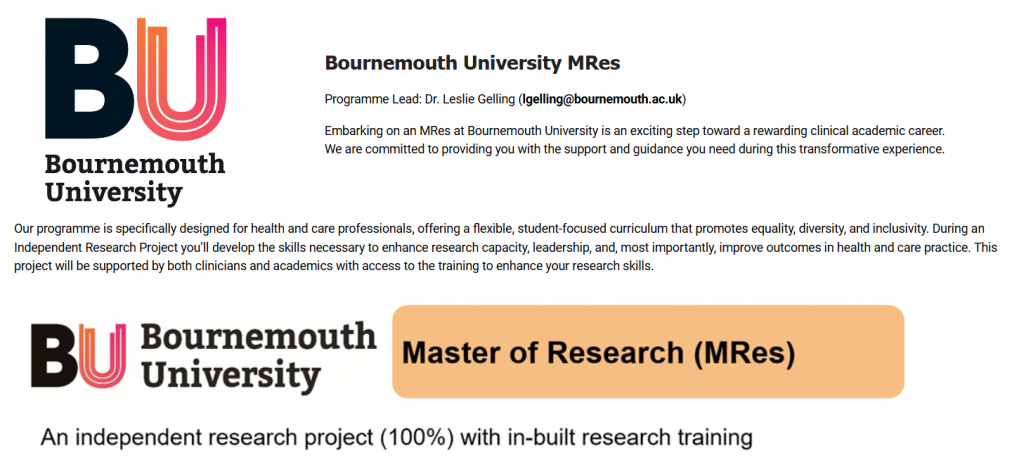
 Building on the success of the first SPROUT event in November 2025, registration is now open for the next session in the series.
Building on the success of the first SPROUT event in November 2025, registration is now open for the next session in the series.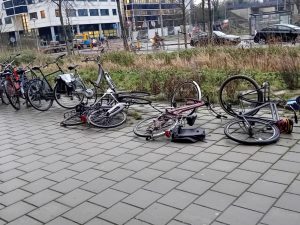





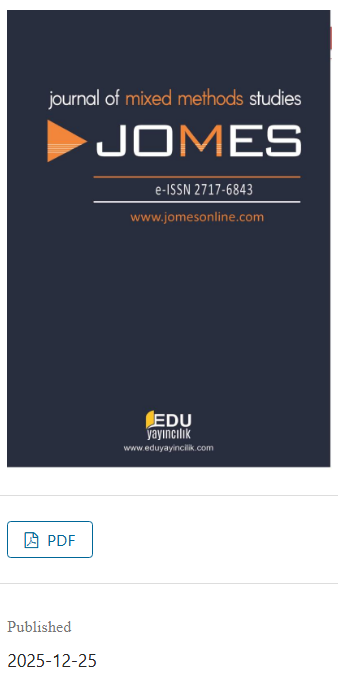

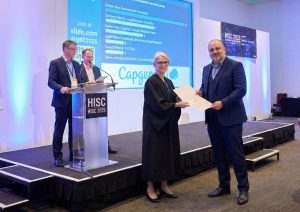

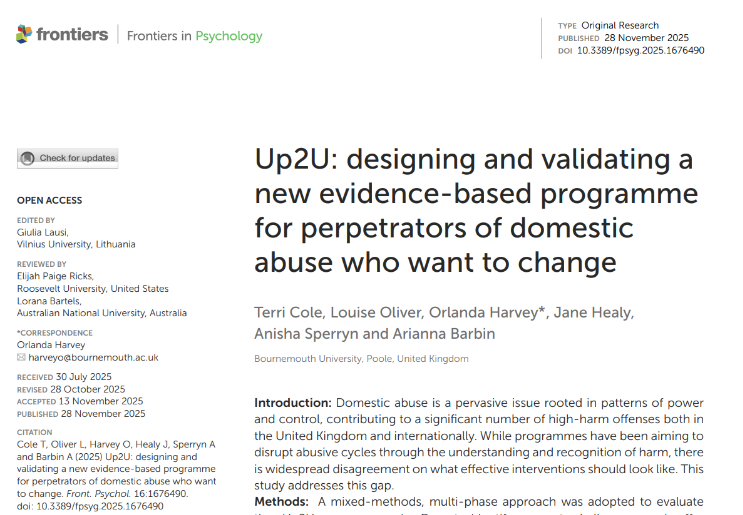
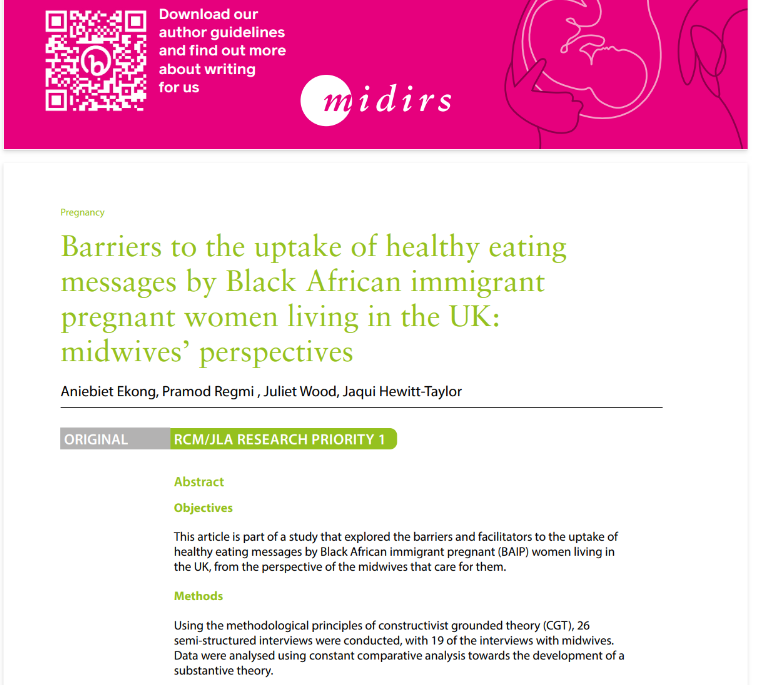





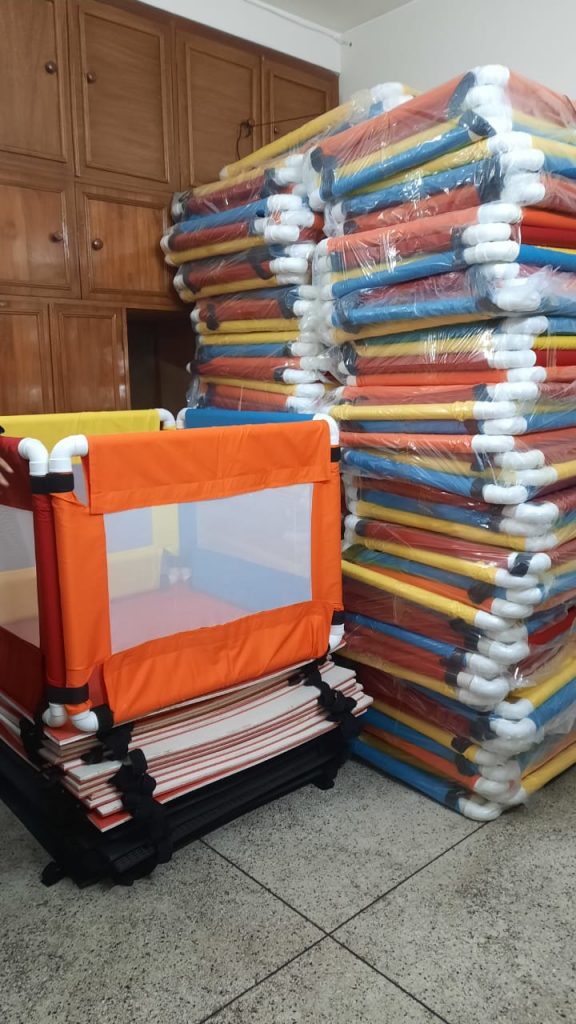
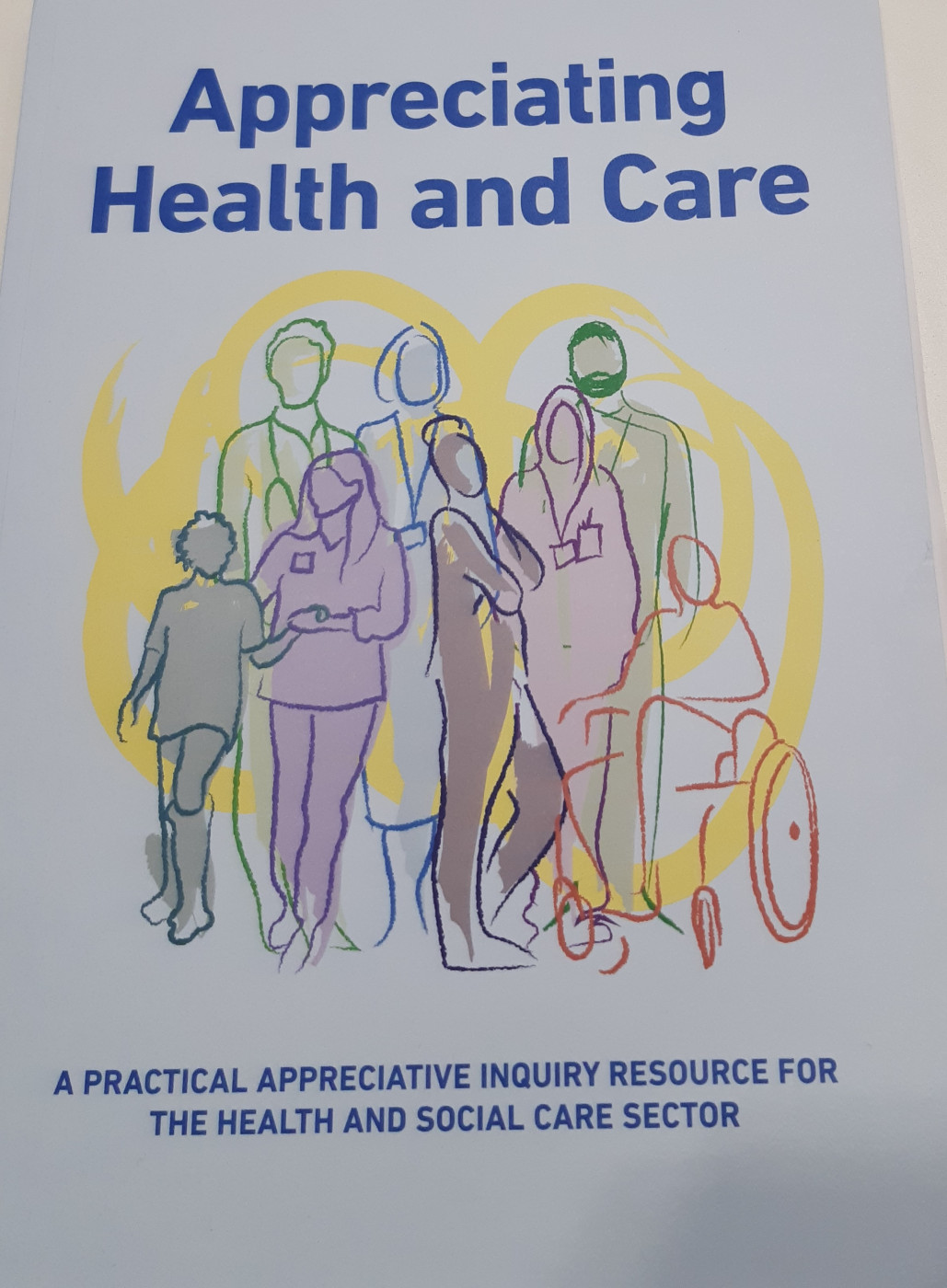


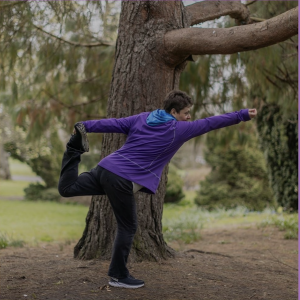
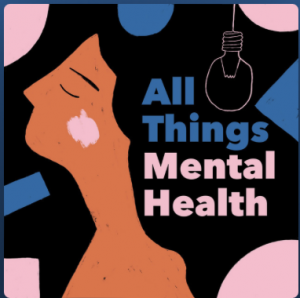
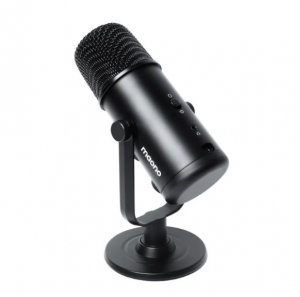
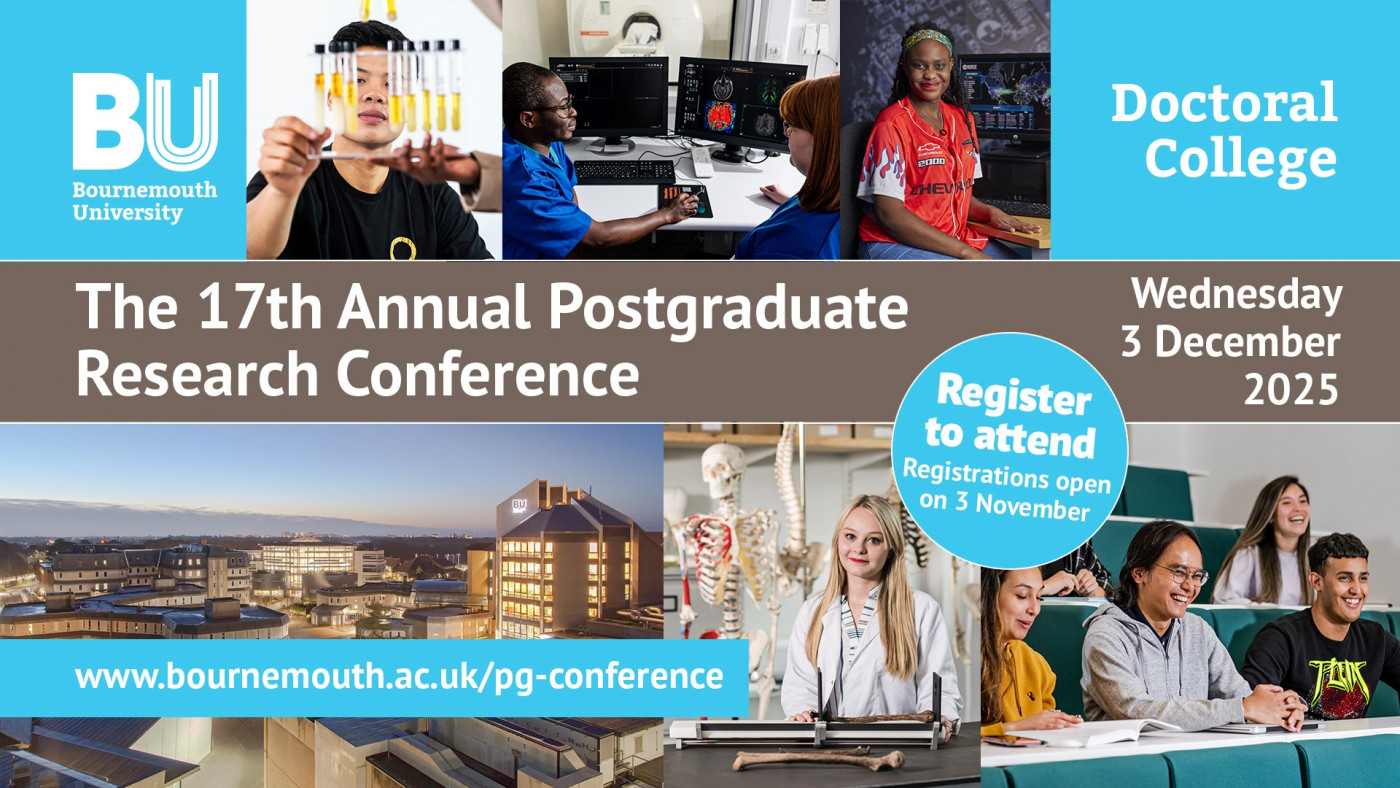 Register now to attend the 17th Annual Postgraduate Research Conference, hosted by the Doctoral College.
Register now to attend the 17th Annual Postgraduate Research Conference, hosted by the Doctoral College.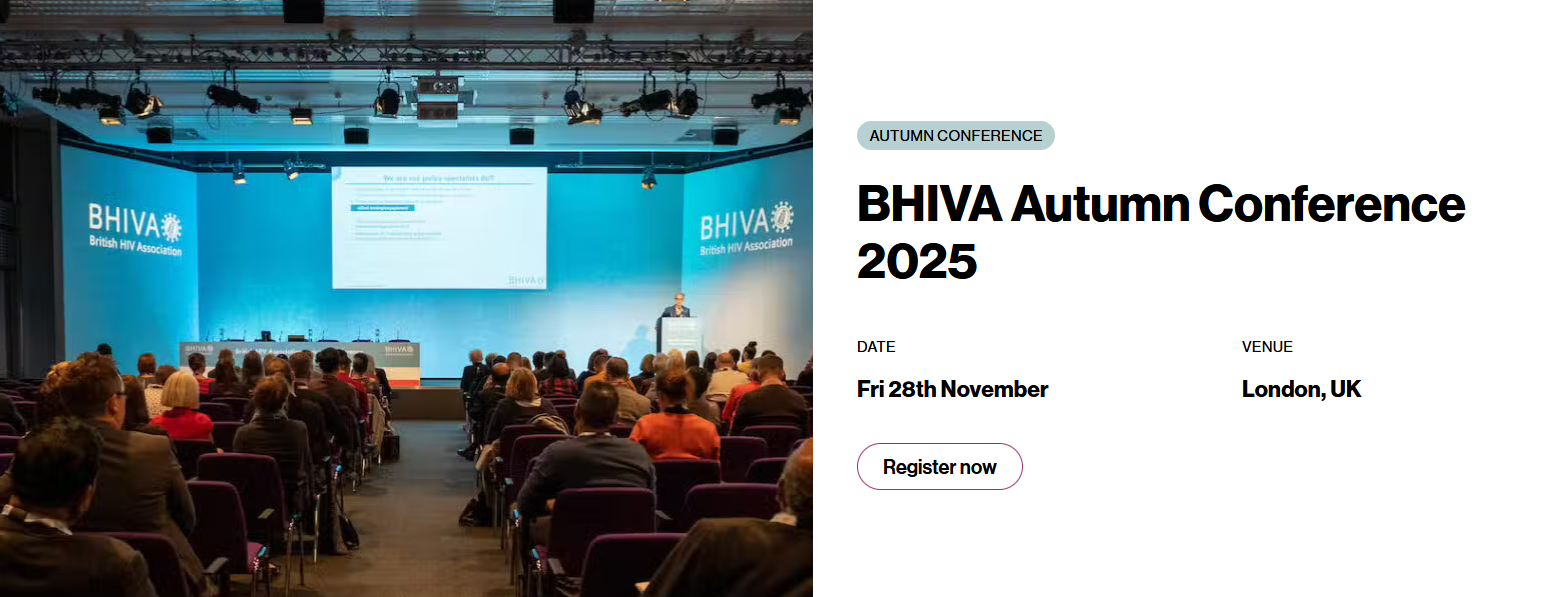
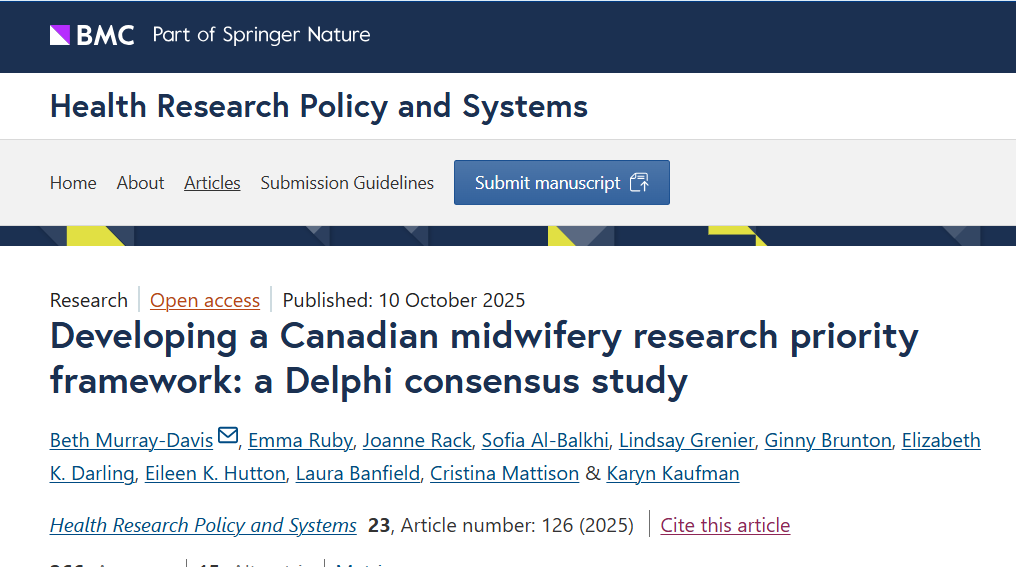



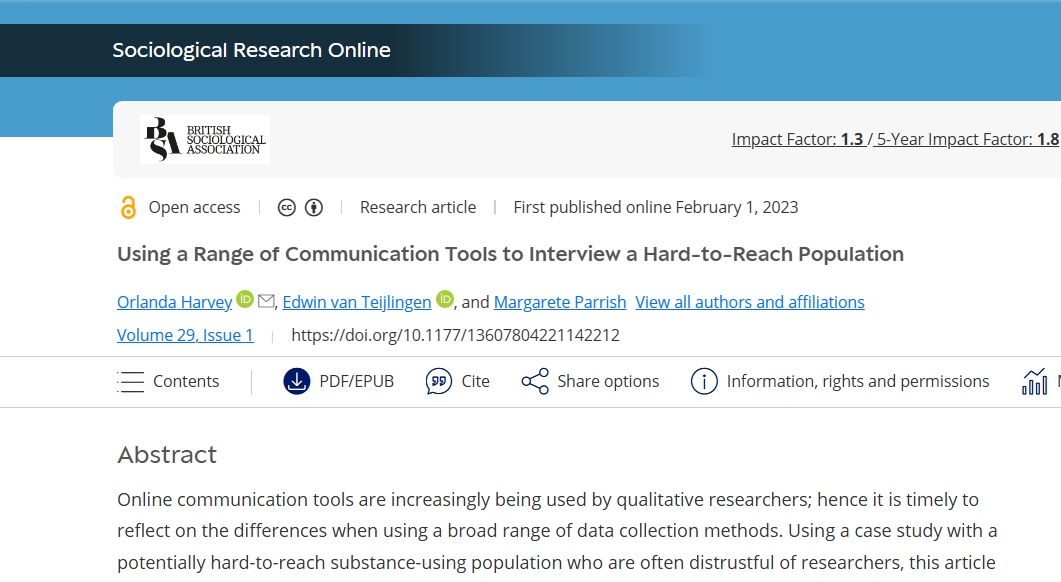











 REF Code of Practice consultation is open!
REF Code of Practice consultation is open! BU Leads AI-Driven Work Package in EU Horizon SUSHEAS Project
BU Leads AI-Driven Work Package in EU Horizon SUSHEAS Project Evidence Synthesis Centre open at Kathmandu University
Evidence Synthesis Centre open at Kathmandu University Expand Your Impact: Collaboration and Networking Workshops for Researchers
Expand Your Impact: Collaboration and Networking Workshops for Researchers Visiting Prof. Sujan Marahatta presenting at BU
Visiting Prof. Sujan Marahatta presenting at BU ECR Funding Open Call: Research Culture & Community Grant – Apply now
ECR Funding Open Call: Research Culture & Community Grant – Apply now ECR Funding Open Call: Research Culture & Community Grant – Application Deadline Friday 12 December
ECR Funding Open Call: Research Culture & Community Grant – Application Deadline Friday 12 December MSCA Postdoctoral Fellowships 2025 Call
MSCA Postdoctoral Fellowships 2025 Call ERC Advanced Grant 2025 Webinar
ERC Advanced Grant 2025 Webinar Update on UKRO services
Update on UKRO services European research project exploring use of ‘virtual twins’ to better manage metabolic associated fatty liver disease
European research project exploring use of ‘virtual twins’ to better manage metabolic associated fatty liver disease